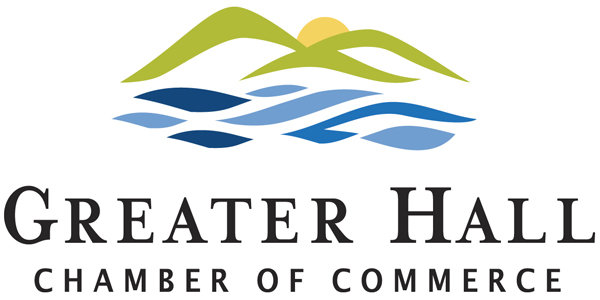Over the past 20 years, we’ve seen dramatic changes in our economy. Global competition now challenges nearly every industry, and businesses are being compelled to continually find new ways to stay competitive. We’re all invested in their success, because only by staying competitive in the global marketplace can we retain and create jobs for Georgians.
One of the most critical factors that contributes to the success of businesses in Georgia is the quality of its workforce. And one of the most important resources contributing to the quality of our workforce is Georgia’s Technical College System.
This past September, it became my honor and privilege to accept the position as commissioner for the Department of Technical and Adult Education. For those who aren’t familiar with our agency, we oversee Georgia’s technical colleges, as well as the state’s adult literacy programs and Quick Start, the internationally acclaimed workforce training incentive program. Together, these programs provide a host of services dedicated to training our citizens, enhancing the quality of our workforce and promoting business success. This year alone, our Technical College System will touch the lives of more than 150,000 Georgians.
I have been on the job for just a few months, but my excitement continues to grow every day when I see how effectively Quick Start and our technical colleges help Georgia’s businesses address the demands of today’s global marketplace. We all know now that one necessary strategy for businesses struggling to stay competitive is innovation. New products, new technologies, and new business practices are constantly being required in order for businesses to respond to our evolving economy. But those businesses aren’t facing that task alone. Every Georgian has the same challenge: employees are required to learn new skills, and students preparing to enter the market need training that anticipates the demands of new businesses. And just as the changes in our economy have inspired businesses to innovate, so have those same changes altered the requirements for technical education and skills training.
The technical colleges have a tradition of being flexible and responsive to changes in the economy. That’s how they have become such a valuable part of the economic development team in our state. As business and industry require new skill sets, we respond quickly with new programs to deliver the necessary training. We will continue that tradition because the programs offered at our technical colleges and the training delivered by Quick Start must always keep pace with the transforming economy. As your business innovates to stay competitive, we are right there beside you.
Hall and surrounding counties are home to some good examples of this. One of the strategic industries identified by the task force is logistics and transportation, and this area is fast becoming a dynamic center for warehousing and distribution, thanks to its location on a transportation corridor as well as the effective training developed specifically for this industry and delivered by technical colleges such as Lanier Tech and our Quick Start program. In addition, unique programs like our Certified Manufacturing Specialist have proven very valuable to companies such major Hall County employers such as Kubota.
Today, our efforts to improve the quality of our workforce are more important than ever. Recently, Governor Perdue launched the Commission for a New Georgia. Part of this initiative involves identifying strategic industries that will offer potential for economic growth and opportunity for our citizens. As this takes place, and new industries come to our state, one thing is clear: the quality of our workforce is critical. These new industries will require employees with new skills, and that requires technical training programs that specifically address those needs. And that’s where we come in.
Michael F. Vollmer was appointed Commissioner of the Georgia Department of Technical and Adult Education in September 2004 by Governor Sonny Perdue. He is a graduate of Greensboro College in North Carolina and John Marshall Law School in Chicago, Illinois. Prior to becoming commissioner he was President of Abraham Baldwin Agricultural College in Tifton where he had served since 2001.
